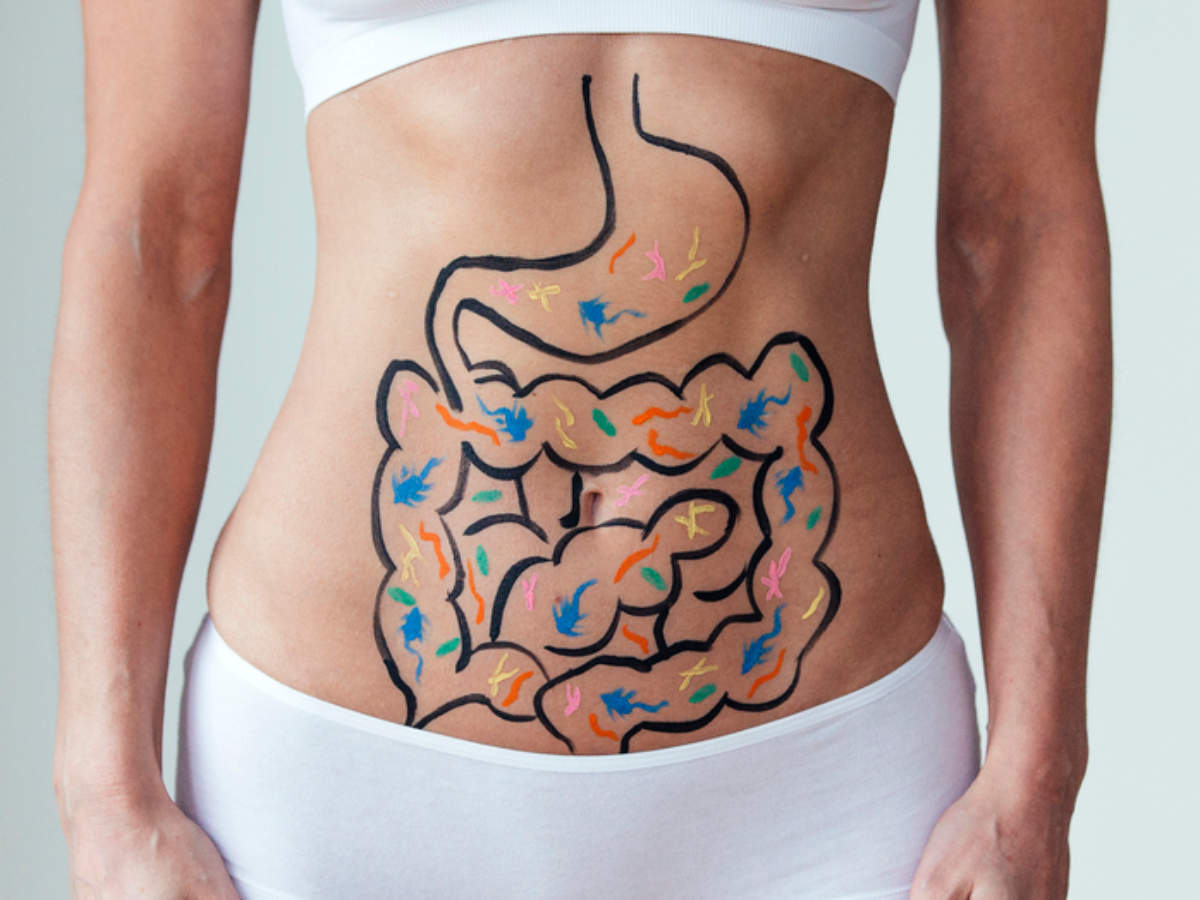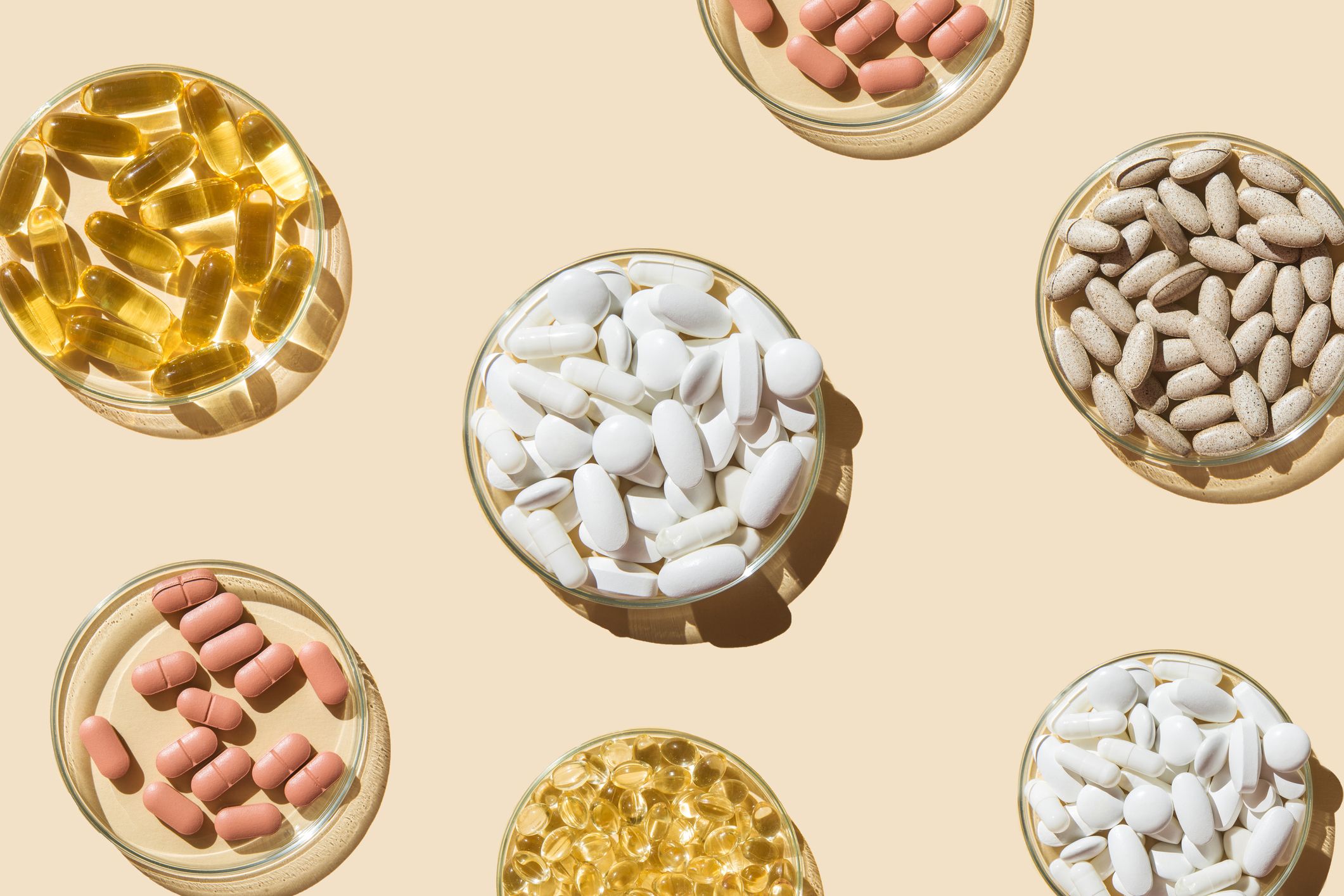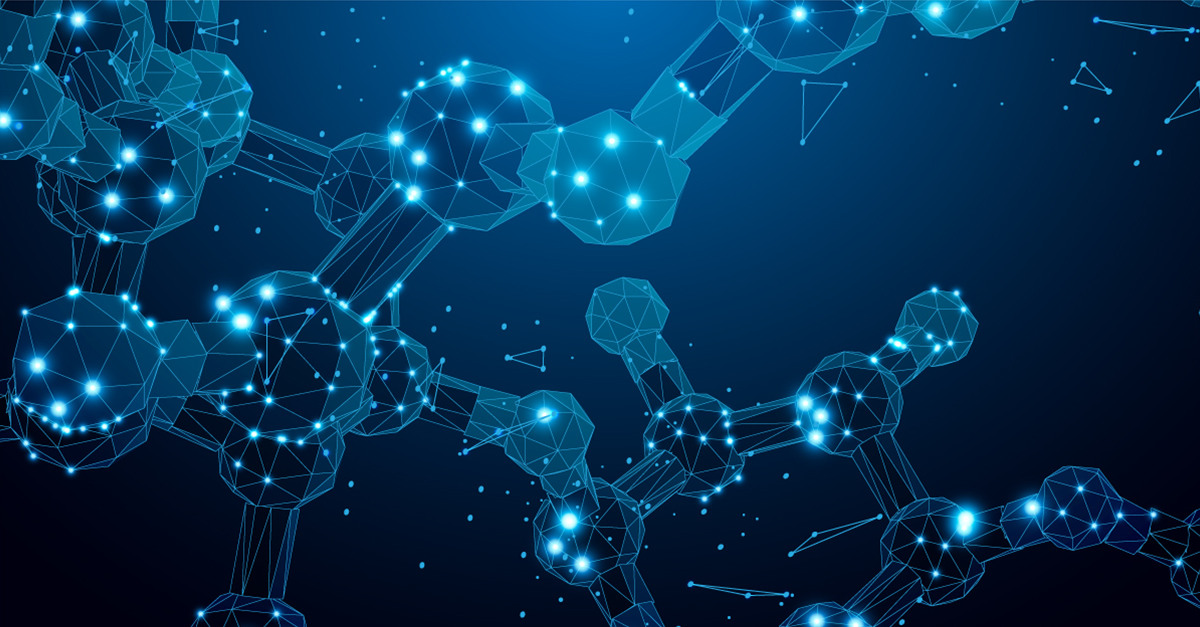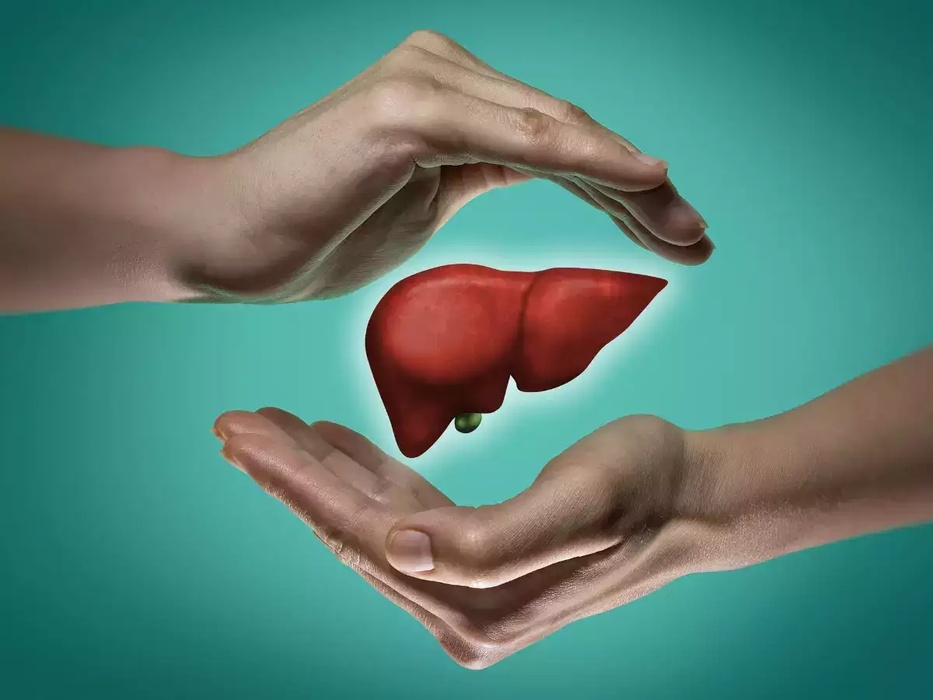The liver, often described as the body's metabolic powerhouse, is an unsung hero of human physiology. Its functions go far beyond what most of us realize, impacting our overall health and well-being in numerous ways. In this article, we'll explore the profound importance of liver function and why it's crucial to maintain this vital organ's health.
1. Detoxification Hub

One of the liver's primary functions is detoxification. It processes and filters toxins, drugs, alcohol, and metabolic waste products from the blood, converting them into less harmful substances that can be excreted from the body. A well-functioning liver is essential for safeguarding the body against harmful substances and maintaining overall health.
2. Metabolism and Energy
The liver plays a central role in metabolism, including the breakdown and storage of carbohydrates, fats, and proteins. It helps regulate blood sugar levels by releasing glucose when needed and storing it as glycogen for future energy requirements. Additionally, the liver produces bile, which is essential for digesting fats and absorbing fat-soluble vitamins.
3. Nutrient Processing

Vitamins and minerals essential for various bodily functions are processed and stored in the liver. It stores and releases these nutrients as needed, contributing to overall nutritional balance.
4. Blood Clotting
The liver produces clotting factors that help control bleeding. Without these factors, even minor injuries could lead to excessive bleeding, posing a severe risk to health.
5. Immune Function

The liver is a key player in the body's immune system. It helps filter and remove harmful bacteria, viruses, and other pathogens from the bloodstream. A healthy liver is vital for maintaining a robust immune response.
6. Cholesterol Regulation
The liver synthesizes and regulates cholesterol levels in the body. It produces both "good" (HDL) and "bad" (LDL) cholesterol, crucial for various physiological processes. Dysregulated cholesterol levels can lead to cardiovascular issues.
7. Protein Production
The liver synthesizes many essential proteins, including albumin, which helps maintain blood volume and transport nutrients, and clotting proteins like fibrinogen. These proteins are critical for overall health and wound healing.
8. Storage

The liver acts as a storage reservoir for various essential compounds, including vitamins, minerals, and glycogen. It releases these stores into the bloodstream as needed, helping maintain metabolic balance.
9. Bilirubin Processing
Bilirubin, a waste product from the breakdown of old red blood cells, is processed and excreted by the liver. High bilirubin levels can lead to jaundice and indicate liver dysfunction.
10. Hormone Regulation
The liver helps regulate hormone levels by processing and metabolizing hormones like insulin, thyroid hormones, and sex hormones. Imbalances in these hormones can have far-reaching effects on health.
Conclusion

The liver's importance to overall health cannot be overstated. It is involved in numerous critical functions, from detoxification and metabolism to immune support and nutrient processing. Taking care of your liver through a balanced diet, regular exercise, limited alcohol consumption, taking the appropriate liver supplements, and avoidance of unnecessary medications and toxins is essential.
If you suspect liver issues or have concerns about your liver function, consult a healthcare professional for guidance and appropriate tests to ensure your liver remains in optimal health. Recognizing the vital role the liver plays in your well-being is the first step toward better health and longevity.
